I Embarrassed My Mother by Kicking Her Out of My Wedding

Empty space is not really empty; at least, that’s what quantum field theory says. It’s actually filled with tiny vibrations that can turn into virtual particles if they have enough energy. These virtual particles can produce packets of light with low energy called photons.
Now, there’s something every black hole has — an event horizon. It’s a point of no return. That means once something crosses that point, it can never get away — not even light. And there’s an insanely strong gravitational force around the event horizon.
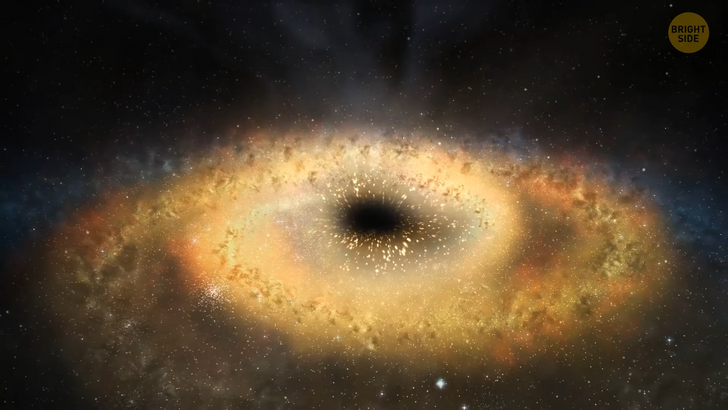
Black holes survive by gobbling up gas and stars around them. In most cases, a black hole has a swirling disk of material that surrounds it, called an accretion disk. It glows brightly as all those things that come too close to an event horizon get heated up and torn apart before the black hole swallows them all. As material comes closer, it starts to travel and move faster and faster, going all around the black hole.
This makes the accretion disk glow and, at the same time, outlines the shadow of the black hole — which is basically the very event horizon we’re talking about. Black holes might even want to hide, but they do so awfully badly. According to Einstein’s theory of general relativity, gravity bends and warps space and time. It means that the closer you come to this extremely powerful gravitational pull around the black hole, the more twisted space and time around it become.
And in this twisted space, there are tiny particles and fields. Because of the extreme twisting gravity, these particles and fields start behaving in unusual ways — for example, creating photons out of nowhere. That’s what Stephen Hawking was talking about nearly fifty years ago [1974]. And it doesn’t stop there — he also suggested that if these particles find a way to escape a black hole, they steal some of its energy. And because of these thieves, the black hole loses its energy as time goes by until it, at one point, completely disappears.
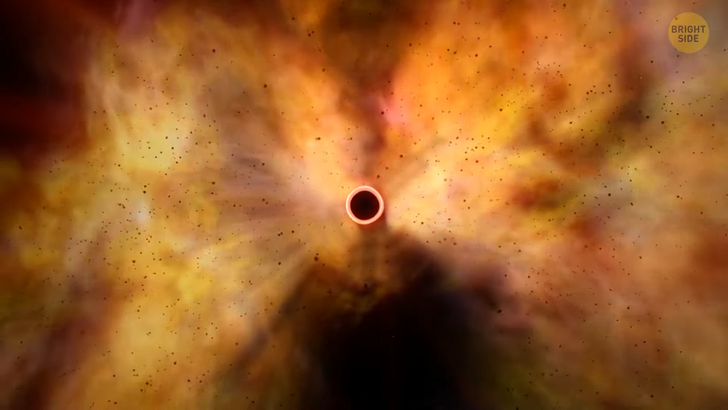
He suggested that black holes release energy in the form of thermal energy or heat, which is called “Hawking radiation.” And this radiation doesn’t carry any information. It means that when a black hole evaporates, it destroys all information it had about the star that created the black hole. That way, we can’t know what really happened.
And it’s kinda confusing because the laws of quantum mechanics say the information can’t be destroyed. This conflict is something we call the “Hawking information paradox.” According to Hawking, all this information isn’t really lost but is stored in a cloud of all those zero-energy particles that surround the black hole. He called that “soft hair.”
Now, there’s this new study as a possible solution to this paradox. Maybe Hawking radiation is “non-thermal”? Instead of just releasing plain heat, it’s possible the black hole sends out a message in the form of radiation. This message contains important information about the black hole’s past, the stars that formed it, and other details we thought were lost forever. It’s like a secret code that tells us all about the history of the black hole.
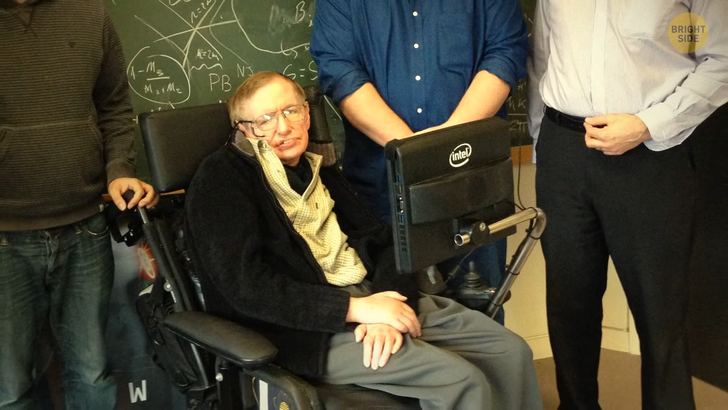
But let’s go back to Hawking’s theory, where a black hole can eventually disappear. It says that not only black holes produce Hawking radiation — any object with enough mass can. Researchers actually studied a process called the Schwinger effect, too. It’s when an electromagnetic field creates strong distortions and, in that way, forms matter. They applied this idea to Hawking’s theory of black hole radiation. What they found is that the radiation Hawking predicted can actually be created in places with different levels of gravity, not just around black holes.
Here’s the key: when there are massive objects, like stars or planets, they create a curving effect on space and time. This curving is there because of their strong gravity. Even if you’re far away from a black hole, there’s still some massive object somewhere around that creates the curving of space, which can make you feel like you’re in that twisted space. It can create radiation, similar to what happens near black holes. It means that not only black holes can slowly evaporate; other massive objects in the Universe can also lose their energy in the same way!
If this is true, the energy of everything in the Universe will slowly be drained away in the form of light particles. That means everything and everyone — including stars, planets, black holes, and us — share the same destiny, and we’ll all eventually fade away.

This sounds scary at first, but even if this theory is true, it’s not going to happen anytime soon. It would take way longer than the current age of the Universe for a supermassive black hole to completely disappear. So, in the way we measure time, black holes are basically eternal. And stars could last even longer since many black holes formed after some giant star collapsed upon itself.
Some others belong to a group called primordial black holes. Hawking, who became famous for talking about black holes, mentioned those ones as well. And the theory says they probably formed spontaneously in the early Universe, not long after the Big Bang happened.
Hawking realized that primordial black holes could have different sizes, from very light to very heavy. Really small ones would have disappeared by now because of Hawking radiation. There’s a pretty cool idea that these primordial black holes could be dark matter. It’s a mysterious substance that scientists think exists in the Universe. It doesn’t give off or reflect light, so we can’t see it directly. Scientists think dark matter might explain why stars in galaxies move in strange ways. But we still don’t have the tools yet to confirm whether these black holes really exist or if they’re actually made up of dark matter or not.
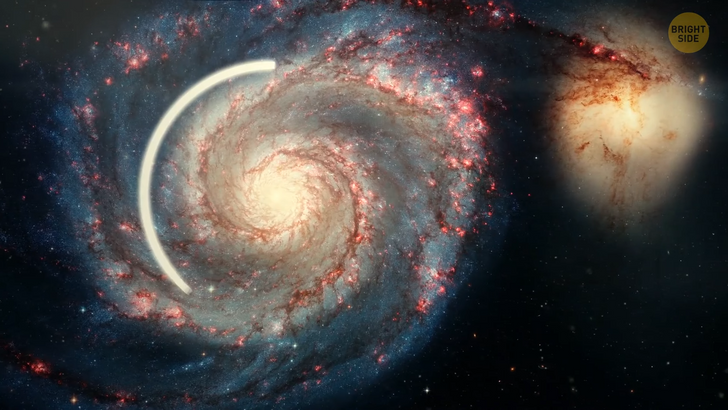
Hawking also explored the idea that our Universe is just one of many Universes. It’s a concept called the multiverse. Some scientists believe it could be that any situation you can imagine in your life is happening somewhere in some other Universe.
Hawking didn’t agree with that, so in his final paper, he proposed a new mathematical framework that made the multiverse finite instead of infinite. This means that there would be a limited number of Universes rather than an infinite number. Another thing that’s hard to test and prove, but at least he left us with something to think about.
Believe it or not, time travel is not that impossible according to the laws of physics. Scientists have equations that suggest we could have something called “closed time-like curves” that might allow us to go back in time. Imagine going back to the most embarrassing moments of your life! Knowing what would happen, you could avoid them!
But here’s the tricky part — going back in time could cause some big problems. It could create situations where things would happen in a way that doesn’t make sense. Imagine you’re walking down the street and meeting your younger or older self — or accidentally changing things that have already happened.
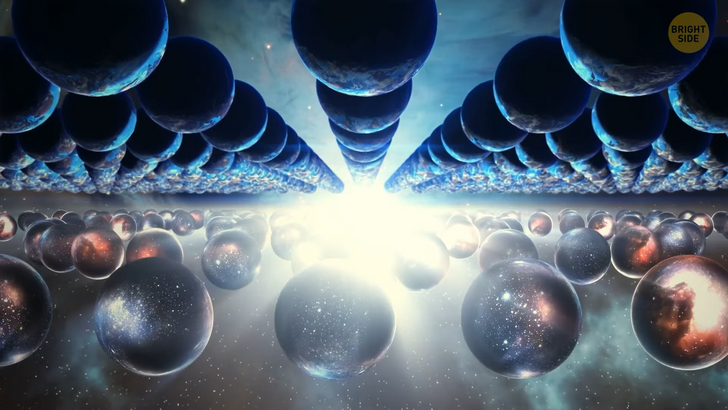
Hawking was talking about this part, too, and these are all things that made him concerned about time travel. He made a guess called the “chronology protection conjecture.” He suggested there might be a rule of nature that stops time travel from happening because it could create all these strange and confusing situations where we would just go back, fixing our wrong decisions rather than living in the present. Until we discover traveling through time without causing such disruptions, I guess all we’re left with are life lessons and learning from our mistakes.
In his last years, Hawking talked about the future of humanity, and we still don’t know if he was totally serious. He mentioned a special particle called the Higgs boson that could cause a big bubble that could gobble up and eventually even destroy the Universe! He also mentioned things like beings from other planets coming to Earth and conquering us or robots becoming smart enough to take over the world. Some of his ideas turned out to be true — and time will tell if it will be the same with the others.











